There are different types of people who give anonymous criticism. I’ve been a small business owner, elected official, church planter and church revitalizer. So perhaps I’ve received more than my share. As a leader for over 30 years, I’ve received my share of criticism. Anonymous critics comes with leadership. In my experience, if you aren’t receiving any criticism — you probably aren’t leading. You might be maintaining current systems well, but leadership is taking people somewhere new. That involves change. And that always invites some level of criticism.
You can read a previous post HERE on how I process anonymous criticism.
I know others do – and that’s okay for them – but I don’t automatically dismiss criticism because someone doesn’t sign their name. I try to consider if something in my leadership caused this person to feel the need to remain anonymous. (My StrengthFinder indicates I can tend to be controlling — something I have to continually guard against.) I have had people go to the trouble of making up a name and an email address. This was obvious because details are often accurate, but none of the information matches anyone in our database.
I also try to discern if this criticism is from someone who feels the need to remain anonymous. Perhaps something in their past (or present) keeps them from sharing their name. While I would always prefer to talk with the person, I try to reconcile his or her reasoning for withholding a name.
The reality is I believe there are at least four different motivations for a person offering anonymous criticism. I don’t believe this is the right option to take in giving criticism. It doesn’t fit well with my straight-foward personality. But I realize everyone is not like me.
4 Types of Anonymous Critics
1. Fearful
This is the anonymous critic who is simply afraid of conflict; perhaps because they’ve been injured by it previously. It may not be that the person doesn’t like you or the organization or that he or she doesn’t have good suggestions for improvement. This anonymous critic simply can’t bring him or herself to reveal his or her identity, because of fear. (Controlling leadership often develops this type of anonymous criticism.)






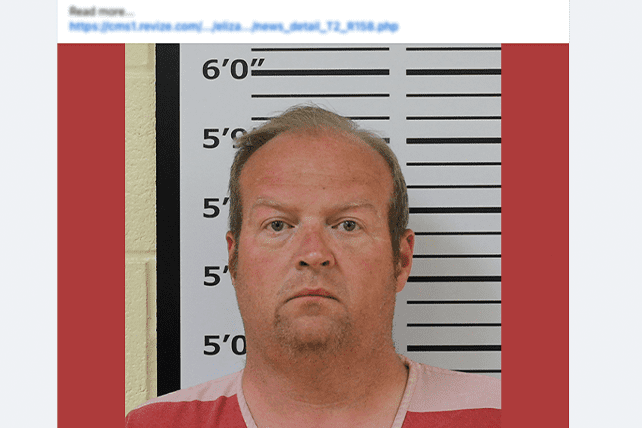
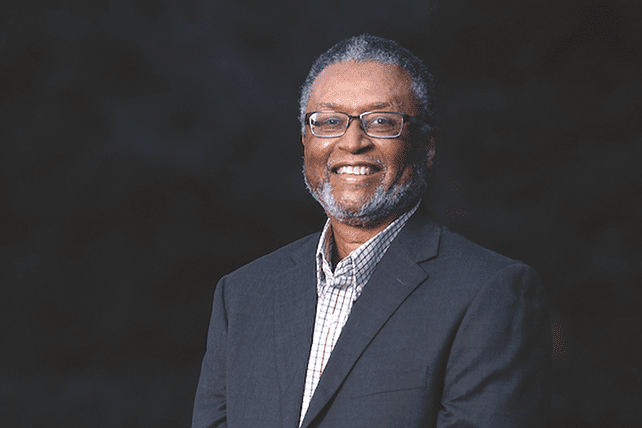






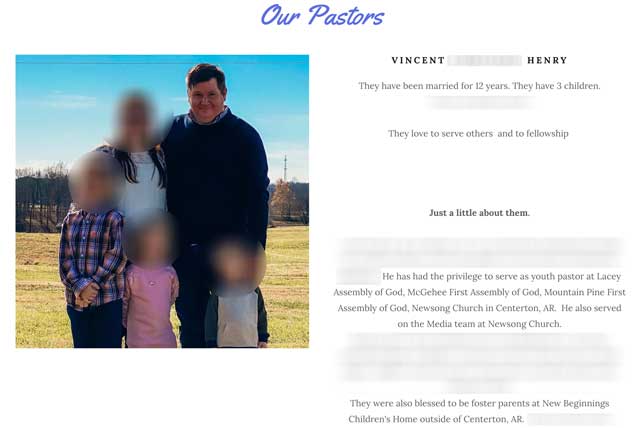
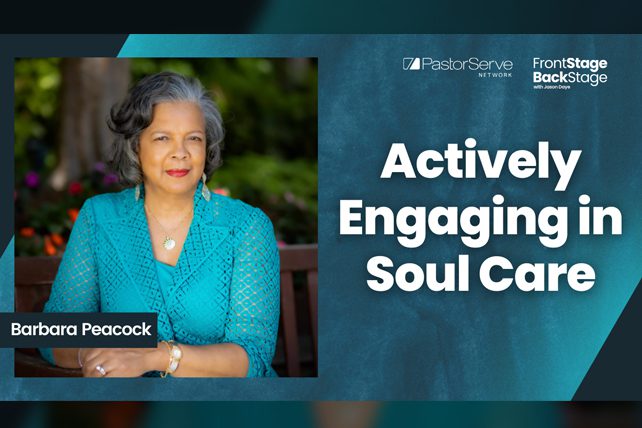
 As pastors and ministry leaders, how can we better care for our own souls as we care for the souls of others? In this week’s conversation on FrontStage BackStage, host Jason Daye is joined by Dr. Barbara Peacock. Barbara is an award-winning author and a passionate spiritual director and teacher. She’s earned degrees from both Princeton Theological Seminary and Gordon Conwell Theological Seminary. She’s the founder of Peacock Soul Care, and her most recent book is titled, “Spiritual Practices for Soul Care.” Together, Barbara and Jason explored the importance of actively and intentionally engaging in our own soul care as we serve others. Barbara also provides some incredible insights about the relationship between community and caring for our souls.
As pastors and ministry leaders, how can we better care for our own souls as we care for the souls of others? In this week’s conversation on FrontStage BackStage, host Jason Daye is joined by Dr. Barbara Peacock. Barbara is an award-winning author and a passionate spiritual director and teacher. She’s earned degrees from both Princeton Theological Seminary and Gordon Conwell Theological Seminary. She’s the founder of Peacock Soul Care, and her most recent book is titled, “Spiritual Practices for Soul Care.” Together, Barbara and Jason explored the importance of actively and intentionally engaging in our own soul care as we serve others. Barbara also provides some incredible insights about the relationship between community and caring for our souls.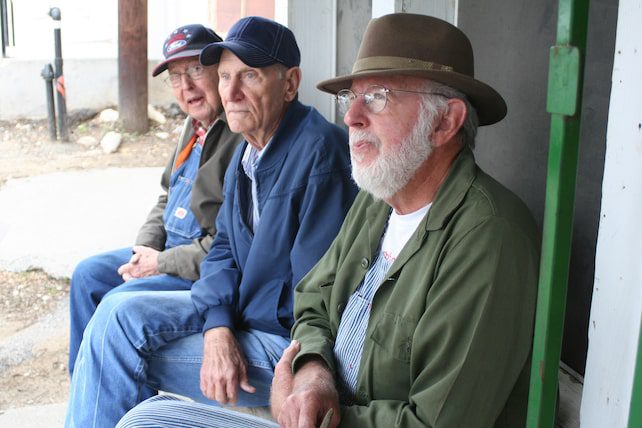
 In the landscape of human connection, friendships stand as a testament to our capacity for empathy, support, and growth.
In the landscape of human connection, friendships stand as a testament to our capacity for empathy, support, and growth.











